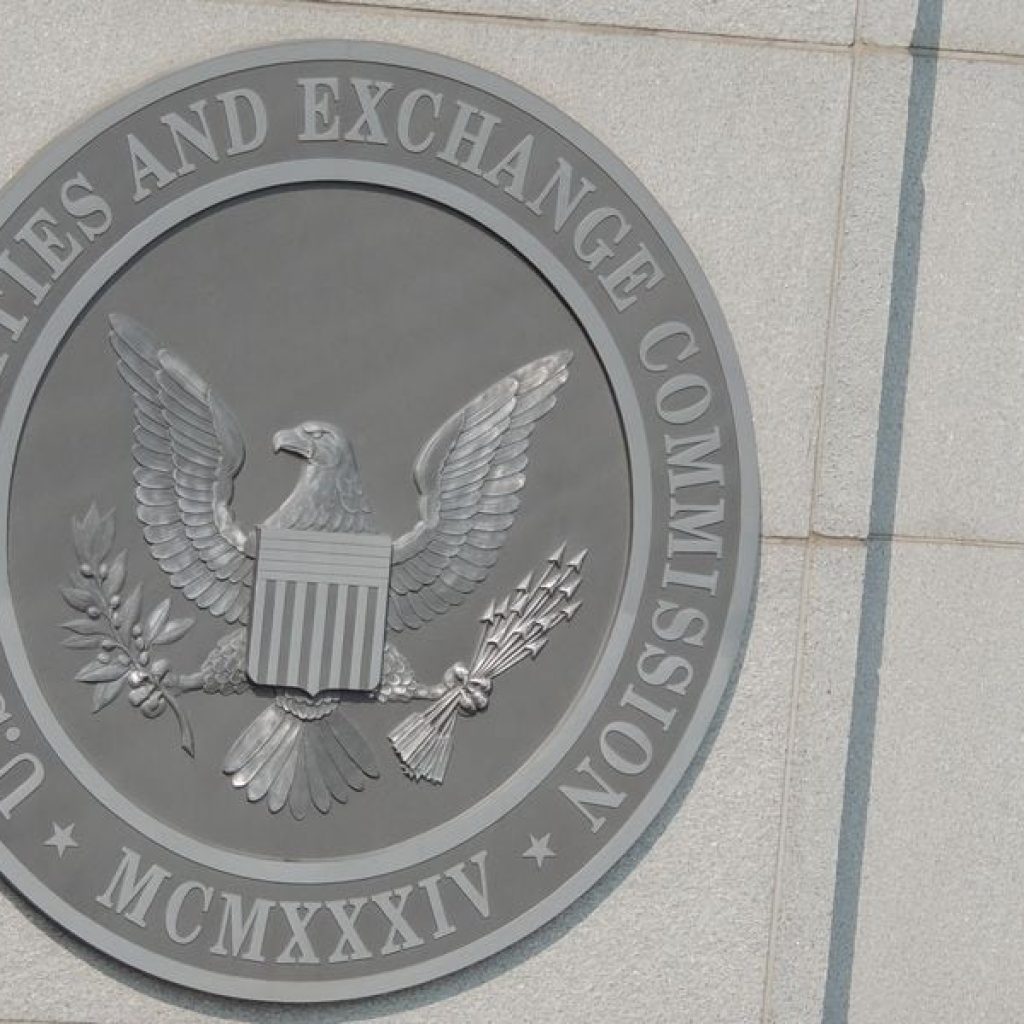KPMG, a prominent player in the realm of professional services, has unveiled a comprehensive report delving into the intersection of Bitcoin and ESG (environment, social, and governance) considerations. The report unveils a nuanced perspective, showcasing how Bitcoin’s impact across various ESG facets presents a range of benefits that extend beyond common perceptions.
KPMG scrutinizes Bitcoin through an ESG lens
When scrutinizing Bitcoin through an ESG lens, KPMG’s findings underscore its potential advantages within the framework. Notably, the report casts light on Bitcoin’s favorable aspects, particularly in the context of environmental concerns. Contrary to the prevailing notion that energy usage is the primary factor contributing to environmental harm, the report identifies emissions as a more significant indicator. In this context, Bitcoin’s emissions are evaluated in comparison to diverse sources, ranging from tobacco to tourism.
Astonishingly, the analysis positions Bitcoin emissions as the second smallest contributor, trailing only behind “Video (US).” The report challenges prevalent discussions by suggesting that Bitcoin’s emissions might be lower than often debated. In addressing Bitcoin’s environmental impact, the report suggests established strategies for enhancing its carbon footprint. Recommendations include a greater reliance on renewable energy sources and the utilization of energy generated from methane for mining operations. These propositions reflect a proactive stance to mitigate Bitcoin’s environmental implications and align its growth with sustainable practices.
The report offers a fresh perspective on Bitcoin’s role in financial misconduct, specifically money laundering. Contrary to widespread assumptions, the report highlights that Bitcoin’s contribution to money laundering is minuscule when juxtaposed with the total scope of global money laundering activities. According to statistics from the United Nations Office on Drugs and Crime, money laundering constitutes 2-5% of the global gross domestic product. In sharp contrast, Bitcoin transactions associated with money laundering account for a mere 0.24%, as indicated by Elliptic, a blockchain analytics platform. Interestingly, the report emphasizes that laundered money is received in Bitcoin significantly less frequently than in Ethereum, stablecoins, or altcoins.
Robust governance and misunderstood realities of Bitcoin
Furthermore, the report suggests that Anti-Money Laundering (AML) and Know Your Customer (KYC) measures could be effectively applied at the point of off-ramping the coin, despite the absence of AML/KYC requirements during the transaction phase. Amid the discourse on Bitcoin’s governance, the report commends its robustness, underscoring the inherent decentralization that thwarts any attempts at manipulation. Unlike traditional systems susceptible to modifications at the whim of authorities or vested interests, Bitcoin’s rules cannot be altered without resorting to a “forking” process. This design imbues the system with resilience, guarding against misuse and manipulation by entities in power or individuals with ulterior motives.
Despite the informative insights presented in the 12-page report, KPMG acknowledges that Bitcoin remains enshrouded in misunderstanding. The report aims to shed light on the multifaceted nature of Bitcoin’s impact, dispelling misconceptions and offering a more nuanced perspective. As a prominent player in the professional services landscape, KPMG extends its expertise to the realm of crypto-related advisory services. Through this endeavor, KPMG seeks to guide stakeholders in navigating the complexities of the cryptocurrency landscape, facilitating informed decision-making and strategic planning.
KPMG’s comprehensive report unveils a multifaceted analysis of Bitcoin’s interaction with ESG considerations. The report challenges conventional notions, shedding light on Bitcoin’s potential benefits across environmental, social, and governance dimensions. With a commitment to promoting informed discourse and strategic insights, KPMG’s exploration of Bitcoin’s ESG implications contributes to a more nuanced understanding of this evolving digital asset within the broader economic landscape.





